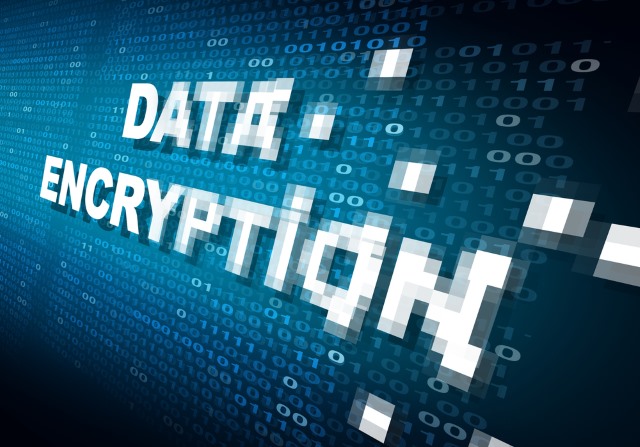Personal data encryption: The ultimate trolley problem

There’s a bomb hidden somewhere in a city. Law enforcement is in possession of a suspect’s mobile phone but can’t gain access because the device is encrypted, and the suspect is deceased. The authorities then demand that the device manufacturer create a backdoor so that they can bypass the encryption and learn how to stop the bomb. The clock is ticking. Literally thousands of lives are at stake. If the company complies, they will be exposing many times more users to potential security breaches in the future once the backdoor they provide is inevitably leaked to the world. If they don’t, a lot of people may die that needn’t if the company had simply given in.
Save lives now? Or keep the world safe from future tyranny? That’s how I look at the ultimate trolley problem. On the one hand, I hate the idea that -- through some inaction on my part -- I might be complicit to an event that causes mass casualties. On the other hand, I’d also hate to be the person who, by giving in this one time, leaves some poor slob to be persecuted by a state actor who gained access to his or her private communications and deemed them to be "criminal."
For freedom loving individuals like myself, it’s the precise definition of "criminal behavior" that lies at the crux of the argument against cooperation with law enforcement. Society’s conception of just who the "bad guys" are can be disturbingly fluid at times. Today, it’s Islamic terrorists using encrypted communications apps, like Telegram, to communicate bomb making details. Tomorrow, it could be a group of intellectuals using a private Discord site to discuss the merits of laws enforcing transgender pronoun use. Tired old arguments, like "criminals are the only ones with something to hide," quickly fall apart in a world where taking the wrong political or moral position in public can lead to doxing, death threats, and even prosecution.
So, when ostensibly well-meaning government officials argue the need for "responsible encryption," as then U.S. Deputy Attorney General Rosenstein did back in 2017 and which is being echoed more recently by U.S. Attorney General Barr, it’s tempting for the law-abiding among us to feel sympathetic to their calls for cooperation. But when faced with such far-reaching policy decisions, it behooves the public to first consider how such decisions might come back to bite them should the political winds change and other, less tolerant groups come into power.
As it stands, it has become nearly impossible to publicly express certain points of view in many supposedly "free" countries. Simply questioning the politically correct orthodoxy on specific topics can lead to public shaming and even "milkshaking" (the modern-day version of "tar and feathers"). And as more and more of our daily lives move online -- our activities/affiliations, our personal communications, even our physical movements -- the ability of malicious authorities to quickly filter for and target specific individuals based on their belief system or ideology has become a very real concern.
In other words, the only thing standing between us and a dystopian world of "groupthink" and enforced compliance with "acceptable" thought is the existence of robust, personal encryption technology that allows us to keep our private communications…well…private.
Photo credit: Lightspring / Shutterstock
